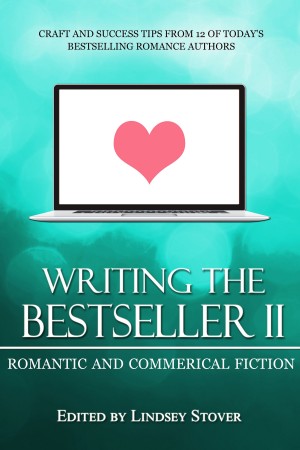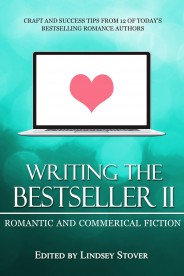Start reading this book:

Share This Excerpt
Critique Groups or Freak Groups?
by
Jane Porter
I’m not always a fan of critique groups. When they work well, they are tremendously helpful. When they don’t work, they are soul-sucking.
I have friends that have benefited from belonging to critique groups but it never worked for me, and I’ve been in two. One group was controlling and the other damaging. Members showed up without material to share. Members showed up not prepared. Members showed up having rewritten each other’s chapters.
It was weird. It was ugly. It was like being thirteen and in junior high again.
The absolute worst year of my life was 7th grade. And the absolute worst hour of my 7th grade day was PE. Miss Smythe, classic PE teacher, lived in her gym clothes, carried a clipboard, and chomped on her whistle. She loved strong, athletic girls and despised wusses. I was a wuss.
Legally blind, I wore coke bottle glasses and was terrified of flying balls—tether ball, baseball, basketball, volleyball, any ball. Needless to say, I wasn’t a “top pick” for teams. In fact, the worst day of my worst year came when two 8th grade team captains were down to their final team picks and the captains struggled between dopey, dorky Jane and the girl with special needs. I don’t know who the captains picked first. I’ve chosen not to remember.
Interestingly, I became a teacher and chose to teach 7th grade and ‘relive’ the hellish months over and over again. And what I discovered is that 7th grade is all about being smart, and successful and strong. To survive 7th grade you have to become if not smart, then strong.
The same thing applies for critique groups. If you aren’t smart about critiquing, at least be strong. Critique groups aren’t for the weak or the vulnerable. Don’t assume they’ll be nurturing places and don’t believe every member is your friend.
I sound cynical, yes, but I’m also the girl who grew up a geek, the product of two teachers who welcomed intellect over social prowess. I didn’t understand the “rules of survival” and how Darwinian theory applies to girls. And I swear, critique groups remind me of nothing as much as 7th grade PE.
For those of you who’ve forgotten, 7th grade is about disparity. Some 7th grade girls are more athletic than others; some are also more coordinated and confident. And we’re not even talking sports; we’re still in the locker room. At thirteen, stripping down to shower is painful. Some girls have boobs and love it, some have boobs and hate it, and some just want to have something somewhere.
So, in keeping with my 7th grade theme, I’m going to propose survival skills for thirteen-year-old-girls and creative writing critique groups:
1) A good critique group needs to keep the playing field level. That means everyone strips, every time. Or, in writer speak, everyone brings something new to share every meeting.
2) A good critique group means no staring at body parts. Or, in other words, don’t focus exclusively on each other’s weaknesses. Look for the strengths, too.
3) Just because someone’s “built”, it doesn’t mean she likes herself. Or, don’t assume a talented writer is impervious to criticism. Everyone needs support, particularly when naked. Even strong writers want feedback.
4) The point of showering after PE is to get clean. Critique groups meet to improve one’s writing. If the group isn’t helping, stop showering.
5) Being a naked thirteen-year-old isn’t supposed to be comfortable. Sharing your works-in-progress isn’t going to be nirvana, either. It’s scary, it’s an act of trust, it’s something you don’t do every day.
6) If you don’t feel good, skip PE. Don’t put yourself through something you’re not ready for. Don’t ask for critiques when you feel fragile.
And if these tips don’t help you survive the locker room, you can always try co-ed PE, or, hone your craft alone.
End of Excerpt










